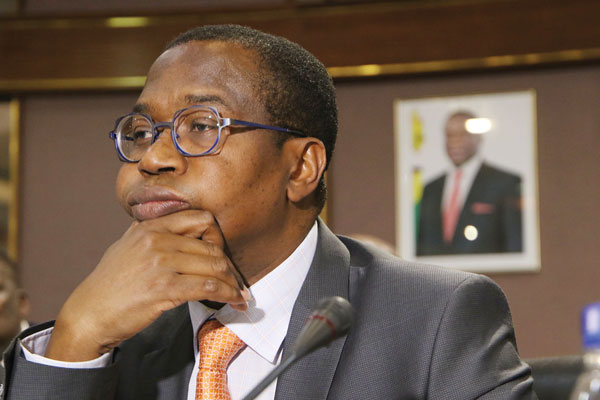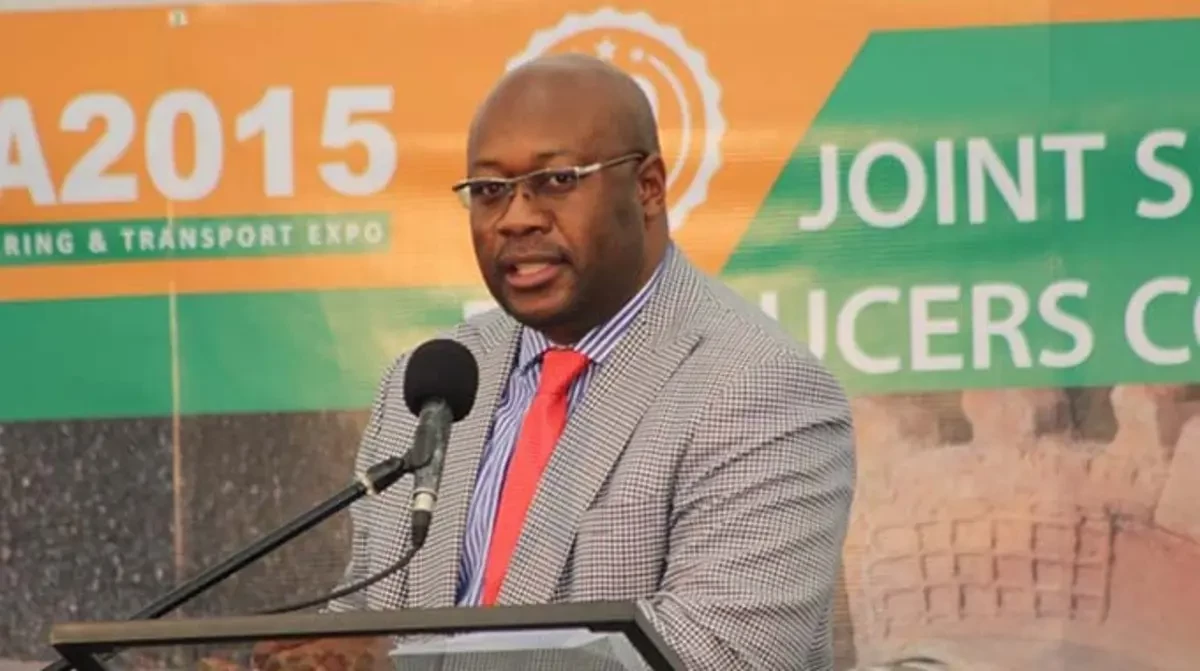
CAPTAINS of industry and commerce yesterday asked Treasury to scrap or lower the controversial 2% intermediated money transfer tax (IMTT) imposed last year by Finance minister Mthuli Ncube, saying it was an unsustainable additional cost to their already struggling companies.
BY VENERANDA LANGA
The call came as various bodies representing industry and commerce appeared before the Felix Mhona-chaired Budget and Finance Portfolio Committee as part of the 2020 budget consultations.
The industrialists also urged government to stop funding the Command Agriculture programme because it was fuelling broad money supply and driving the economy into hyperinflation.
The US$2,8 billion that government used to support Command Agriculture has since been deemed as unauthorised expenditure after it was allocated without Parliament approval.
Ncube is yet to come before Parliament for condonation.
Command Agriculture has all along been supported by government through issuance of Treasury Bills (TBs), which is basically printing of money that government does not have.
Between 2017 and 2018, around US$2,8 billion was issued to Sakunda Holdings, owned by Kudakwashe Tagwirei to spearhead the Command Agriculture programme.
- Chamisa under fire over US$120K donation
- Mavhunga puts DeMbare into Chibuku quarterfinals
- Pension funds bet on Cabora Bassa oilfields
- Councils defy govt fire tender directive
Keep Reading
“The impact of the Command Agriculture programme has been to crowd out activities in the market, and we think that the Presidential Input Scheme should be the one funded through the budget,” Zimbabwe National Chamber of Commerce (ZNCC) chief executive officer Christopher Mugaga said.
“Command Agriculture should be a specialised activity funded by banks. It is non-performing loans and at the end government incurred an expenditure and so Command Agriculture must not be on the budget figures,” Mugaga said.
Turning to the 2% tax, Mugaga said it has been a serious expenditure and so Command Agriculture must not be on the budget figures,” Mugaga said.
Turning to the 2% tax, Mugaga said it has been a serious cost to business.
“Running a budget surplus on the 2% transaction tax has always been high for us as business and we need to engage Zimra (Zimbabwe Revenue Authority) and the Finance ministry so that they either remove it or reduce it to 1% because of its cost to business. If I send money to my mother today, it is taxed and it is too much. The 2% (tax) is a major cost to business and you cannot celebrate a budget surplus driven by this when business is being lost through it and there is no cost benefit to it,” Mugaga said.
ZNCC president Tamuka Macheka weighed in, saying the major problem in Zimbabwe was that the policy environment was very unfriendly.
“The policy environment is so unfriendly that the 2020 budget submissions will not be efficient as long as the policies are unfriendly and inconsistent,” he said. Bankers’ Association of Zimbabwe president Webster Rusere said there was need to give time for implementation of newly-announced policies. For example, he said, when the 2% tax was announced, bankers were not given time to factor in system changes to implement it, which then led to confusion. But Zimra Commissioner-General Faith Mazani told the committee that her organisation was in favour of the 2% tax. “Last year, the ministry introduced the 2% transaction tax and I know that it is tax that has received negative publicity. But I want to explain that the major setback on revenue is that tax compliance is very low. There was a big fiscal deficit and so the 2% tax covered that gap, while we are building up capacity and encouraging companies to pay taxes,” Mazani said. Commenting on talk currently doing the rounds that a new currency might be printed, Rusere said: “Now people are asking when a new currency is coming, but it was announced that we are using the Zimbabwean dollar already and so what is the new currency. Whether we print new notes with a different face and coins and say it is the new currency – what we need to be clear about to the people is that when we talk about a new currency, we need to stabilise the Zimbabwean dollar by coming up with good monetary policies.”
Confederation of Zimbabwe Industries’ Henry Ruzvidzo said while the 2% tax was meant to include previous non-taxpayers, it was severely affecting industries in that it is double taxation. He said if the tax was beneficial, then its gains must be seen through infrastructural growth. “We appreciate that tax bands were recently reviewed to $700, but we believe the level is not sufficient enough to encourage spending. We are finding challenges of movement of our products and propose that the tax bands need to be reviewed upwards,” Ruzvidzo said.
The High Court recently rules that the 2% tax was illegal, but the court verdict morphed into an academic exercise as government has now enacted enabling legislation to support it. Chamber of Mines chief executive officer Isaac Kwesi also painted a gloomy picture in the mining sector, saying the macro-economic challenges facing the nation had not spared the sector, especially electricity and water challenges, resulting in a decline in mining output from 10% to 45% in August compared to the same period last year.
The Zimbabwe Council of Churches also gave oral evidence on the economic challenges that the ordinary people were experiencing as a result of the economic meltdown.











